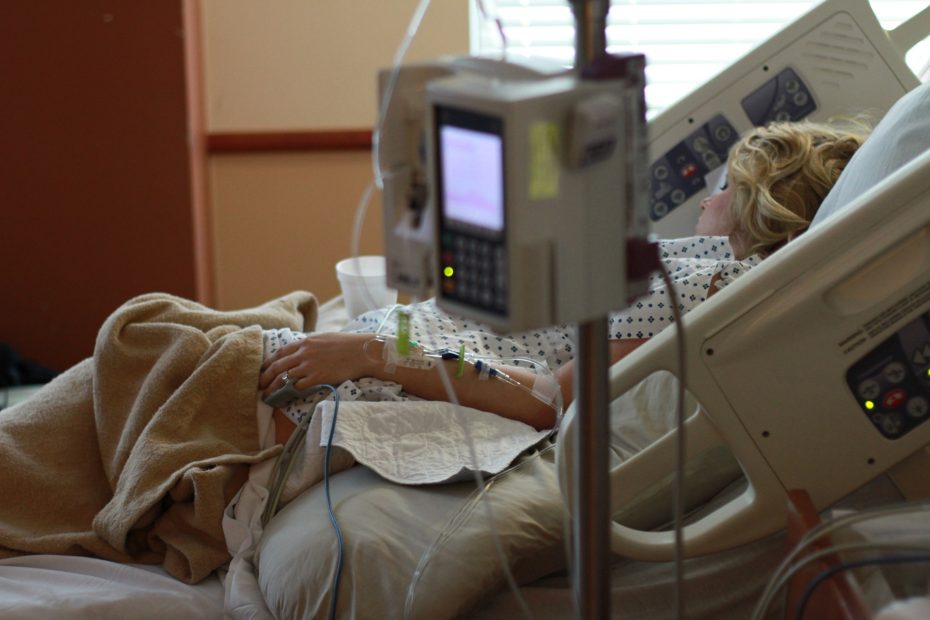By Alex Schadenberg
A study published in the New England Journal of Medicine on August 14 titled: Cognitive Motor Dissociation in Disorders of Consciousness found that 25% of people who are diagnosed as unconscious are actually conscious. The study calls this a state of “hidden consciousness.”
Michael Irving provided an explanation of the study that was published by New Atlas on August 16. Irving states:
After a severe brain injury, such as trauma or a stroke, patients can enter a state where they stop responding to stimuli in their environment, such as sound, light, pain and instructions. This can include a comatose state, which is like a persistent deep sleep; a vegetative state, where the patient may appear awake and even have their eyes open, but still don’t respond; and a minimally conscious state, where patients may even track movement with their eyes but can’t respond to commands.
But this doesn’t necessarily mean these patients aren’t at least partially aware of what’s going on. Over the past few decades scientists have detected signs of “hidden consciousness” in some unresponsive patients. In tests, instructions like “imagine opening and closing your hand” were given to patients while their brain activity was being monitored through functional magnetic resonance imaging (fMRI) or electroencephalography (EEG).
Irving reported that the lead author of the study, Yelena Bodien stated:
“Some patients with severe brain injury do not appear to be processing their external world,”
“However, when they are assessed with advanced techniques such as task-based fMRI and EEG, we can detect brain activity that suggests otherwise. These results bring up critical ethical, clinical, and scientific questions – such as how can we harness that unseen cognitive capacity to establish a system of communication and promote further recovery?”
Irving reported the findings from the study:
The new study examined 241 participants from six different facilities across the US, UK and Europe, over the past 15 years. They were all unresponsive in either comatose, vegetative or minimally conscious states, tested with fMRI, EEG or both, anywhere from a few days to years after sustaining their injury.
Intriguingly, the study found that as many as 25% of the patients were able to repeatedly follow instructions over the course of several minutes. That’s higher than the estimates raised in previous studies, which suggested 15 to 20%.
The authors admit that the research was not standardized and the methods for testing are complicated, nonetheless, the outcome is significant.
Many people who are unresponsive are denied beneficial treatment because the treatment is deemed to be disproportionate or extra-ordinary, based on the condition of the patient.
Some people, like Professor Peter Singer, deny that these people are persons because they have lost their cognitive ability.
These people are often referred to as “vegetative” are not only denied beneficial treatment but they are often denied food and water and intentionally killed by dehydration.
This article has been reprinted with permission and can be found at alexschadenberg.blogspot.com/2024/08/study-finds-that-25-of-unresponsive.html.
